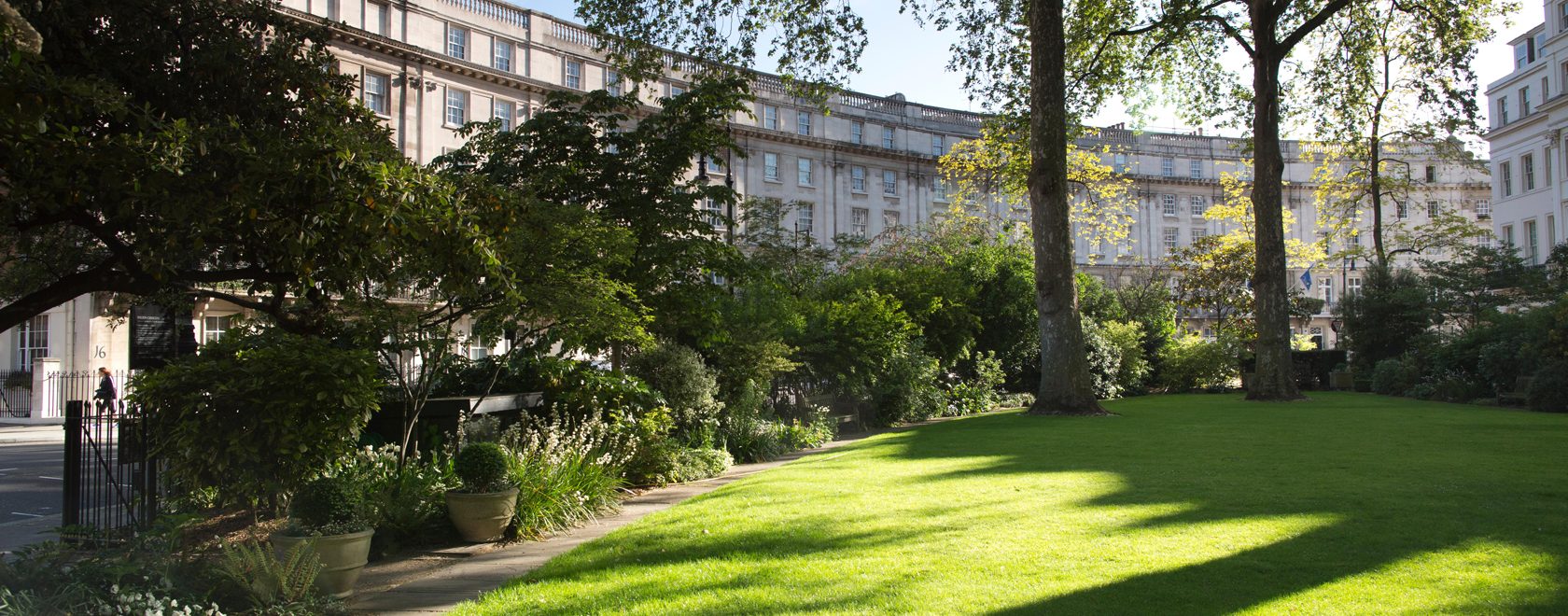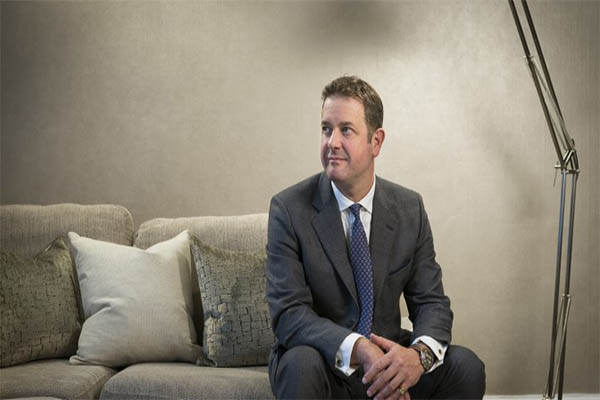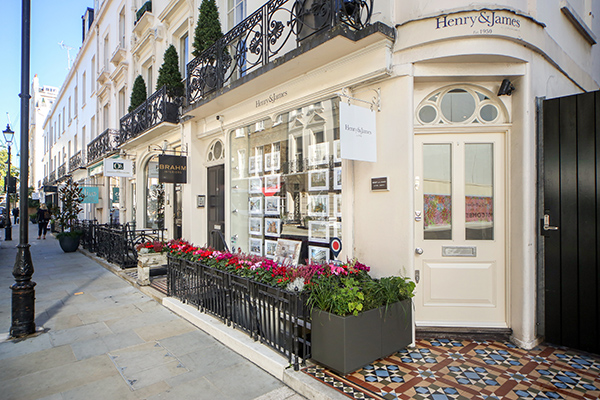James Bailey, Chief Executive of Henry & James writes about the impact of elections in France, the Netherlands and Germany on the London housing market.
The Belgravia property market is springing back into action. A steady flow of quality sales enquiries is increasing. The lettings market continues to strengthen. And the uncertainties of 2016 are starting to fade.
To call London a safe haven on the international property stage may seem like a cliché. But it is a cliché that is increasingly relevant as greater political uncertainties loom on the Continent.
There is a general election in the Netherlands in March, shortly followed by a presidential election in France. In both countries, the far right is on the offensive, in the shape of Geert Wilders in the Netherlands and Marine Le Pen in France. In Germany, which goes to the polls in the autumn, a similar pattern seems to be emerging with Angela Merkel’s CDU party seemingly losing favour.
I am not going to look into a crystal ball and make political predictions, but as I remember vividly from 2015, impending elections can generate stagnation in the housing market. Buyers and sellers alike bide their time and pore over the small print of party manifestos, many of which threaten new property taxes.
However, the UK has already been through this period of uncertainty. Both the British election and the EU Referendum are now behind us. We have moved on with an air of confidence returning to south west London as overseas investors head back to the capital.
Meanwhile across the channel, all the signs of pre-election paralysis in the French property market are already there. Property price growth in the country was just 0.5 per cent in 2016, compared with 6.5 per cent in the UK. This is according to recent figures by the Halifax. Are people suddenly going to plunge into the French property market before voters have had their say in the polling booths? It is hard to think so.
When you take into account the fact that overseas investors in French property are liable to higher rates of capital gains tax than in the UK – 34.5 per cent, compared with 28 per cent here – the UK is currently looking like a better bet for investors.
In Germany, house prices have been rising steadily for several years, but there is nervousness that the normally stable market may be overheating. Last year, the government introduced stricter mortgage controls. There are also concerns over the serious prospect of Angela Merkel, who seemed unassailable twelve months ago, being unseated as Chancellor.
With Donald Trump about to be inaugurated in the White House, traditional investors in the European property market are not going to flee across the Atlantic, either.
The UK may have some choppy political waters of its own, with Article 50 due to be triggered in March, but these things are always relative. And, from where we are sitting, London remains as resilient and as investable as ever – certainly compared with its main rivals around the world.







